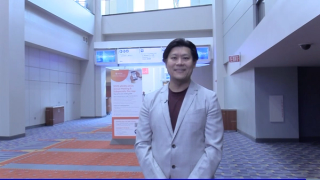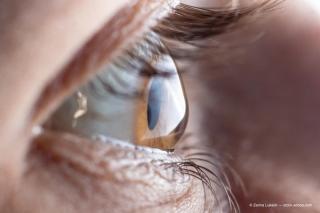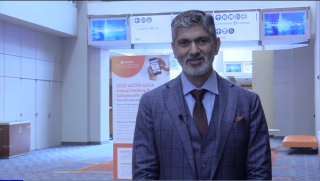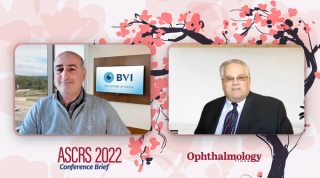
Cataract Surgery
Latest News

Latest Videos

CME Content
More News

Denise Visco, MD, MBA, discusses takeaway points from patient case #2 for post-operative inflammation management for routine cataract surgery.
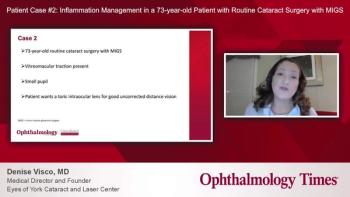
Denise Visco, MD, MBA, reviews inflammation management in a 73-year-old patient with routine cataract surgery with microinvasive glaucoma surgery (MIGS).

Denise Visco, MD, MBA, discusses takeaway points from patient case #1 for post-operative inflammation management for routine cataract surgery.
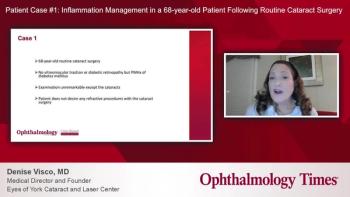
Patient Case #1: Inflammation management in a 68-year-old patient following routine cataract surgery
Denise Visco, MD, MBA, reviews Inflammation management in a 68-year-old patient following routine cataract surgery.
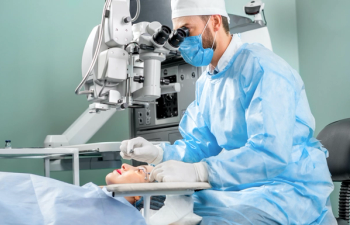
According to the company, the IC-8 Apthera IOL is a wavefront-filtering intraocular lens for unilateral implantation in the non-dominant eye in patients who have as much as 1.5 D of corneal astigmatism in the implanted eye.
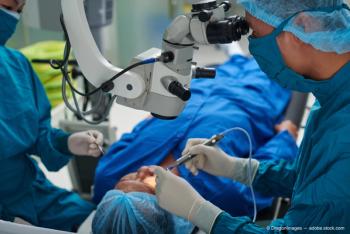
Investigators find a link with a postoperative prolonged steroid response.

According to UC Davis researchers, more needs to be done for the field to reflect ethnic and racial diversity across the country.

According to investigators, surgeons should be aware of the high prevalence of zonular weakness and cystoid macular edema, which may warrant additional preparation in these patients.
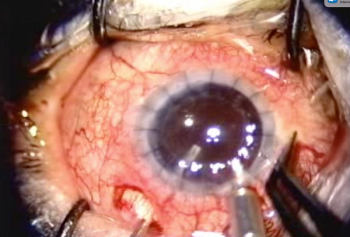
Ophthalmologists can reduce IOP and medications with endocyclophotocoagulation while in the eye.
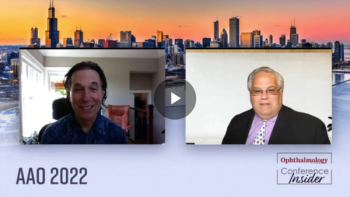
Mark Packer, MD, speaks on his 2022 AAO poster: "Safety and Effectiveness of a New FDA-Approved Dispersive Ophthalmic Viscosurgical Device."

Matthew Emanuel, MD, of Glaucoma Associates of Texas, discusses some of the current trends in cataract surgery. He notes it is something that everyone deals with as they get older. It also can be an issue for pediatric patients. Emanuel also notes that it is important for physicians to be able to educate their patients on the disease.

While the surgeons reported that the BW filter provided higher contrast during nucleus and viscous removal and posterior capsular polishing, they subjectively reported no significant advantage of using a BW filter.
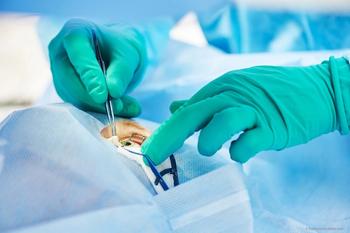
The procedure ensures the removal of cortical remnants, capsular fibrosis during cataract surgery.
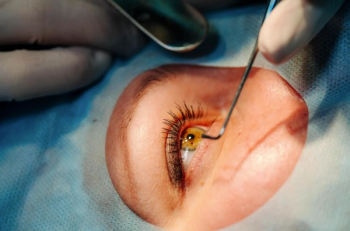
ASCRS, AAO behind year-long drive for policy change, with Aetna dropping its requirement on July 1 for pre-authorization for cataract surgery, covering patients in 48 of 50 states.

OCS-01 is being reviewed for the treatment of inflammation and pain after cataract surgery, with the potential to become the first once-daily, topical and preservative-free corticosteroid for treating inflammation and pain following ocular surgery.

New lens types offer independence from glasses to the patient post surgery.
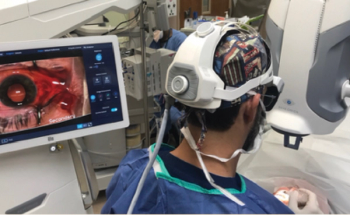
Physicians can use navigational tools to attain a much more immersive perspective.
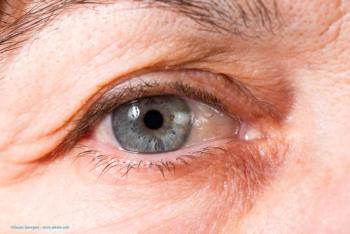
The cataract surgery process continues to become more refined.
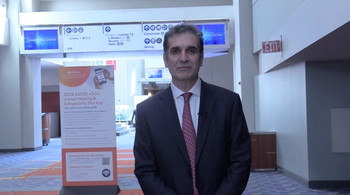
Alex Dastgheib, MD, ABO, discusses the findings of the paper, "325 Cases of Phacoemulsification in Blind Cataracts," presented at the 2022 ASCRS conference in Washington, DC. The paper won the Challenging Cases session during the meeting.

Newer generation formulas generally outperformed older generation formulas, with SRK/T performing the best of older formulas, especially when using TK values.

Lens thickness and anterior chamber duct values obtained by Lenstar can be improved by SpikeFinder to reduce errors in measurements.

Older generation non-LVC formulas show marked improvement upon using TK values vs K, while multivariable non-LVC formulas did not consistently improve.

In a presentation at the American Society of Cataract and Refractive Surgery’s 2022 annual meeting, Marjan Farid, MD, ABO, and Preeya K. Gupta, MD, offered details of clinical trials for CSF-1 ophthalmic solution, a presbyopia eye drop candidate. Results showed that nearly half of the participants treated with CSF-1 achieved a 3-line or more increase in the distance-corrected near visual acuity an hour after drop instillation on day 15.
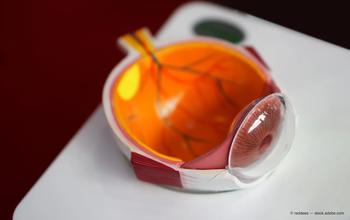
According to an e-poster presented by Jagadesh C. Reddy, MD, and Harini Indusekar, BScOptom, at the American Society of Cataract and Refractive Surgery��’s 2022 annual meeting in Washington, D.C., patients who have pre-existing DR are less likely to achieve Snellen 20/40 or better vison after cataract surgery compared with the patients with diabetes but without DR.

Blake K. Williamson, MD, MPH, MS, and coauthor Urvi Patel, BSc, presented an e-poster at the American Society of Cataract and Refractive Surgery’s 2022 annual meeting in Washington, D.C., on the efficacy of a combination eye drop comprised of an antibiotic, anti-inflammatory and lubricant as part of a postoperative treatment regimen following cataract surgery.







